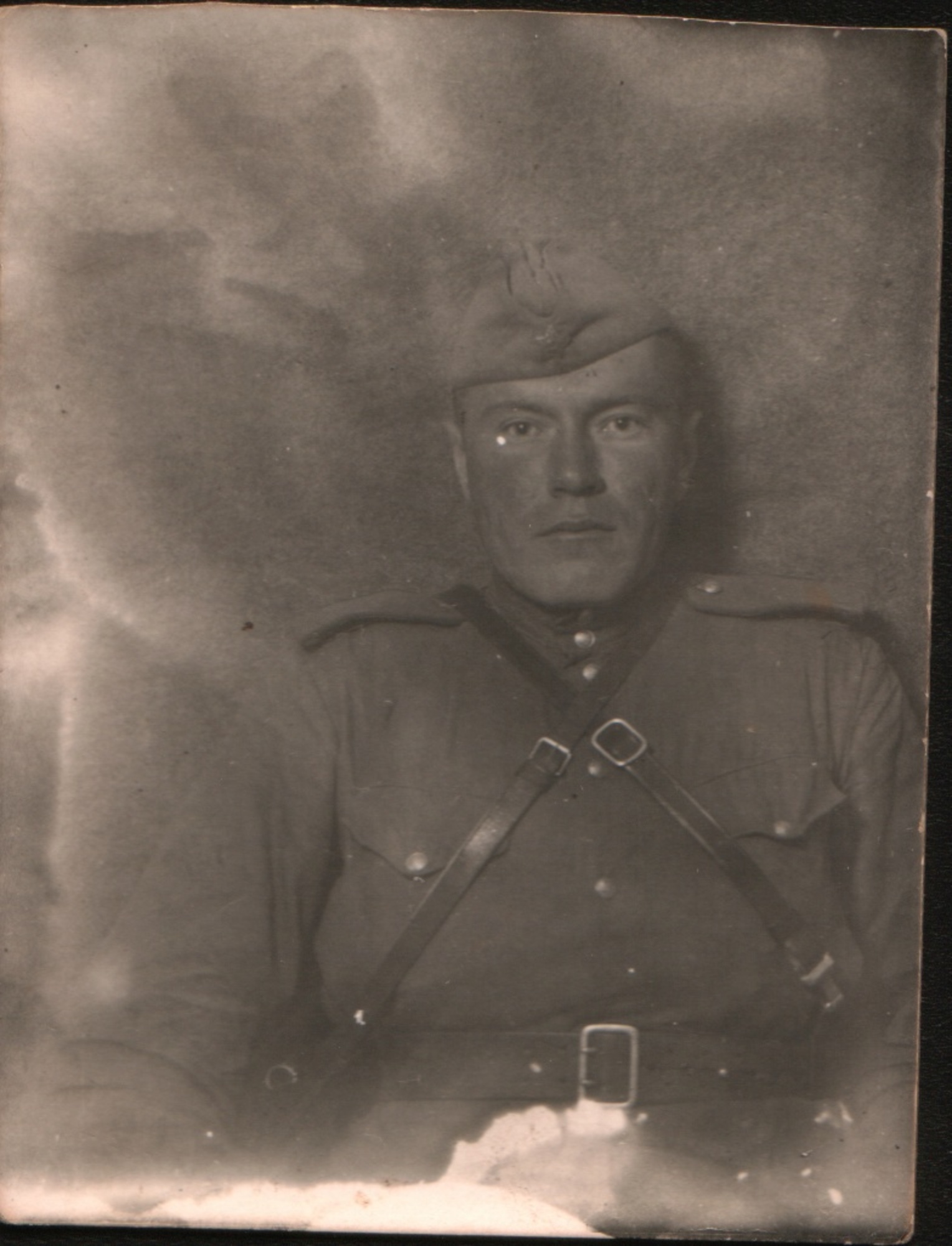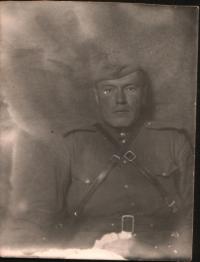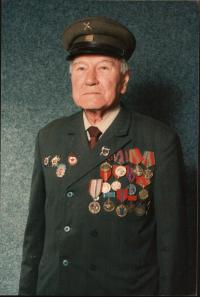“Shoot them and that’s it”

Stáhnout obrázek
Vladimír Souček was born on August 28, 1915, on the Ukrainian territories of the Russian empire into a family of peasants with Bohemian roots. There, he went to school. He wanted to study medicine but the local Communist authorities made it impossible for him. Instead, he was assigned to the newly created Kolkhoz. Because of his talent, he was, however, eventually sent to a business college. After his studies, he worked as the economist of the Kolkhoz and later in the local administration. He was the communal economist in the period of the German occupation of Ukraine. After the Red Army entered Ukraine, he signed up for service. After basic training, he was assigned to the artillery and fought in battles in Ukraine, Poland, Germany and also witnessed the liberation of Czechoslovakia. He arrived in Prague with his unit on May 9, 1945. Afterwards, he stayed shortly in Kladno and Ústí nad Labem. He was demobilized in the autumn of 1945. He returned to Ukraine only to move to Czechoslovakia again in 1947 – this time for good. He obtained a farmstead in the border region where he farmed privately. His farming was, however, interrupted by the forced collectivization and the compulsory joining of the JZD (a Czechoslovak Kolkhoz) in 1950. In the JZD, he worked as a technician responsible for the livestock, an economist and a tractor driver.


